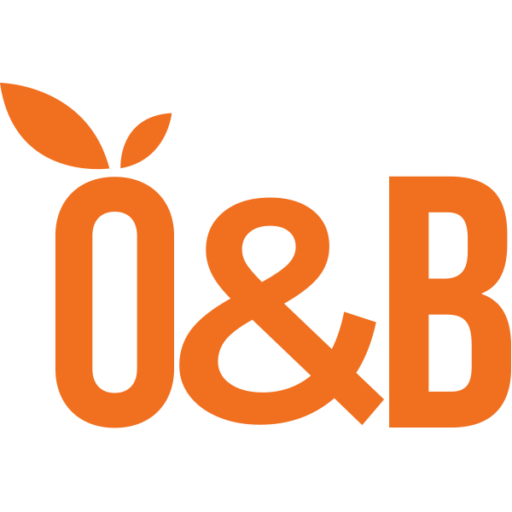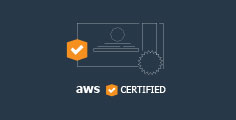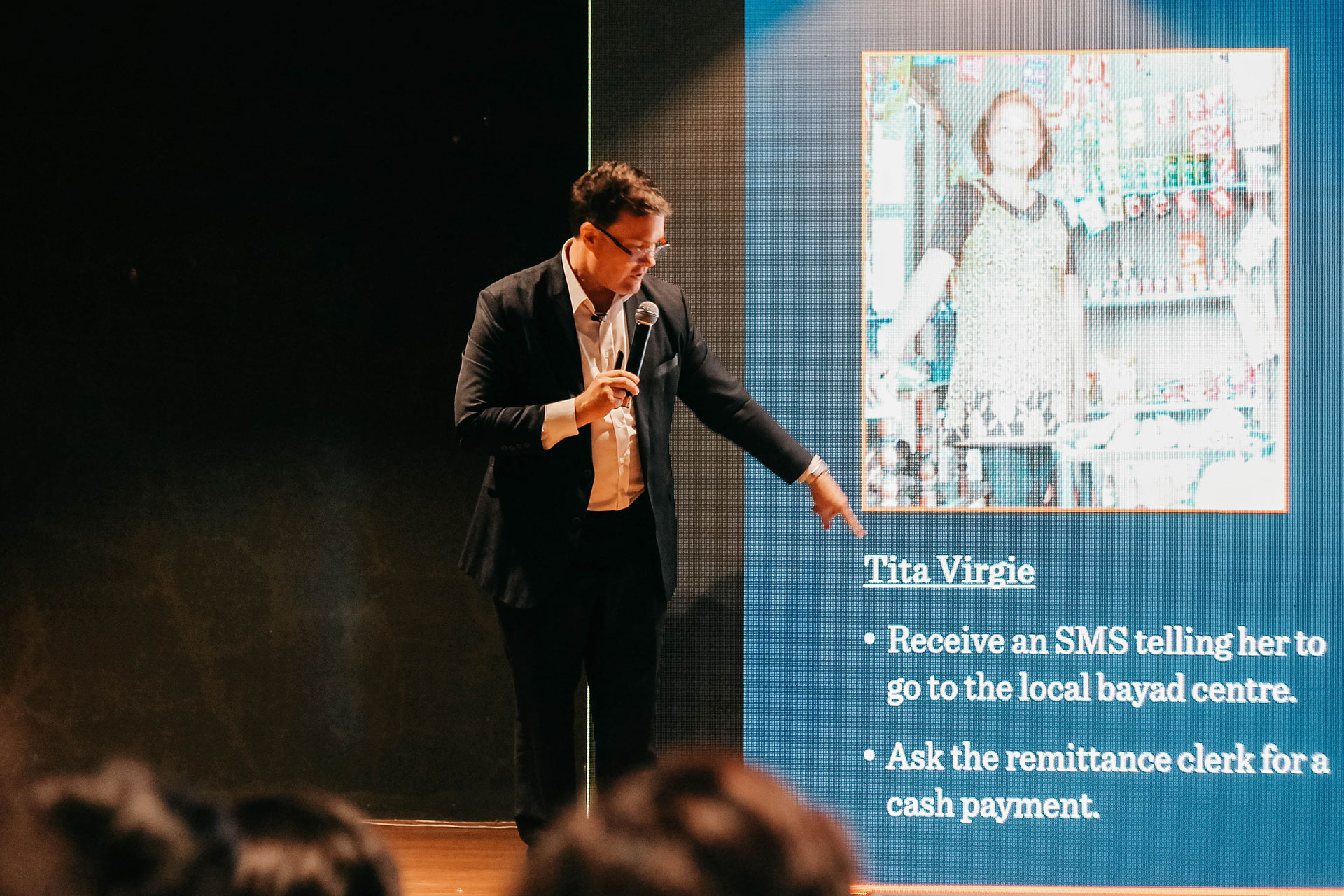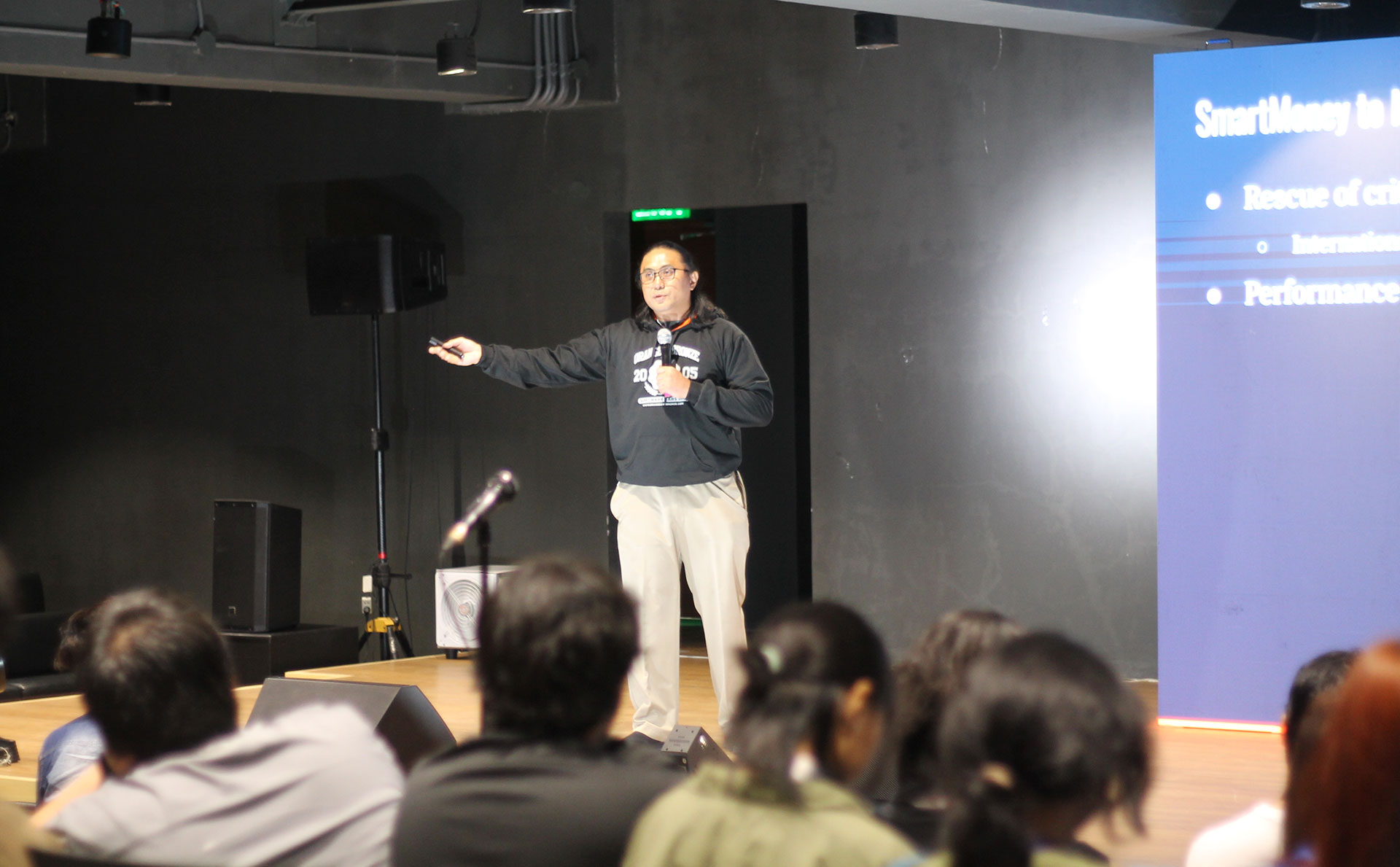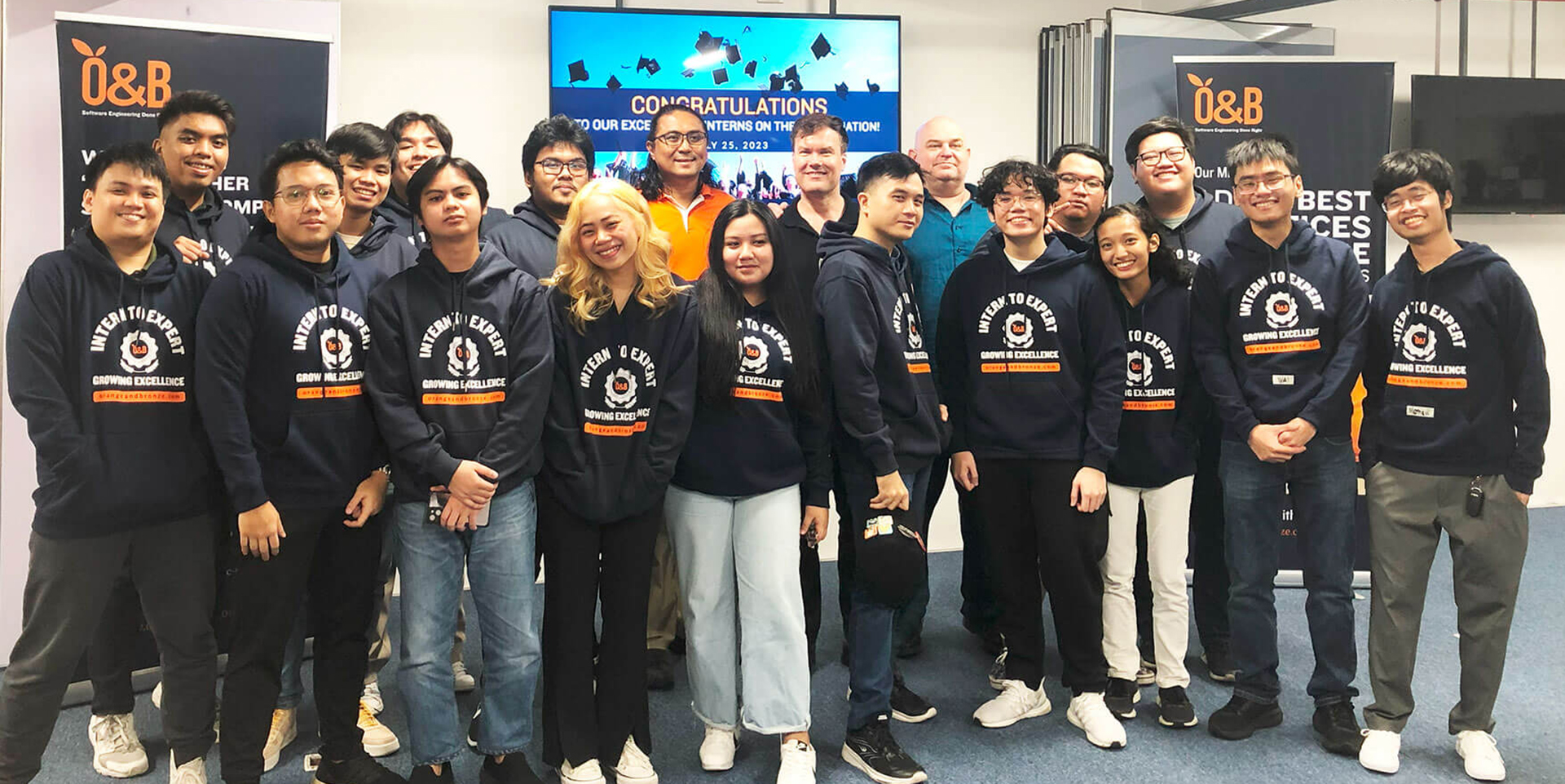Hello everyone! In my previous blog post, I basically wrote a small primer on Cloud Computing. In this post, I’ll go a little deeper into the actual exam itself.
Why did I get certified?
I really wanted to learn more about Cloud Computing. I’ve used AWS in my previous projects, but it revolved mostly around administrating EC2 instances. Knowing about the awesome potential and capabilities that the cloud has, I decided to pursue learning about it aggressively.
Although I personally believe that certifications don’t necessarily make a developer good at his job, I still like taking them. I think certifications provide a certain baseline of knowledge. My general strategy when it comes to learning more about a certain tech is to master the fundamental theories about it (preferably through a certification) and supplement that with practical applications.
For me, getting certified is one way to get the ball rolling.
Why Amazon Web Services?
Simple. AWS is king.
AWS was the first-ever to provide Infrastructure-as-a-Service when it launched EC2 back in 2006.
Since AWS pioneered cloud computing technology, they have the most established platform. They push out more products than their competitors (sometimes at a frightening pace). To this date, they have around 200 products!.
Because AWS was first, they were able to capture a significant portion of the market. This means that more projects are using AWS than any other platform. Ergo, AWS skills are more transferable.
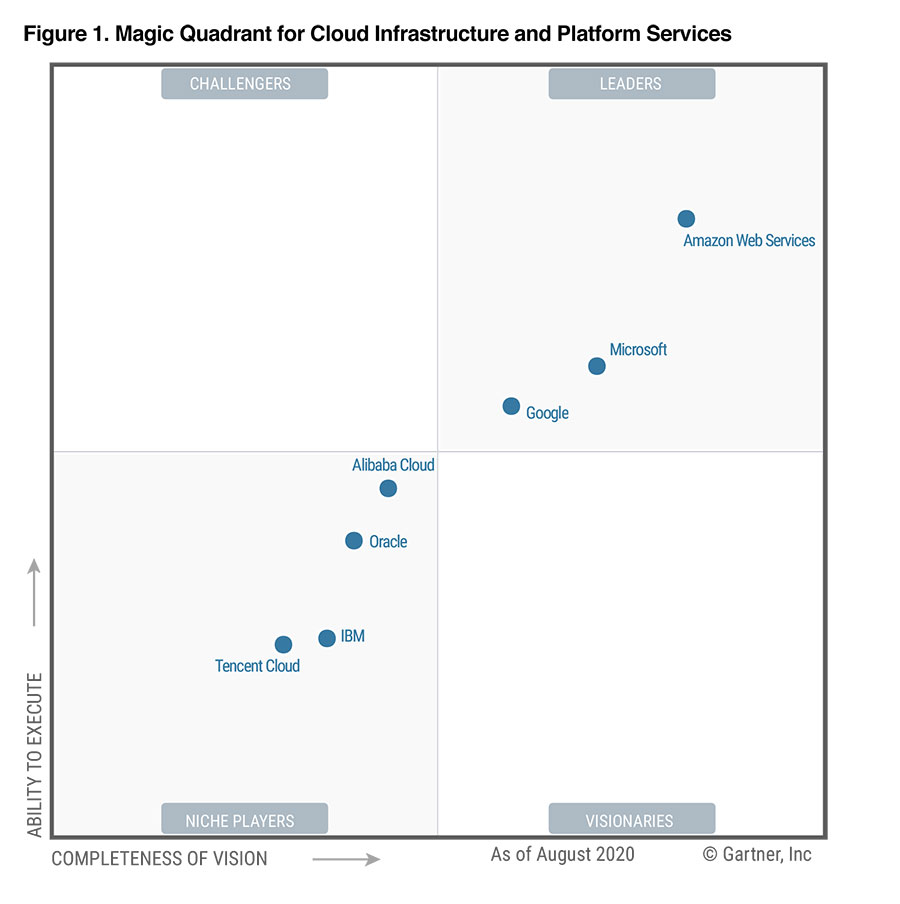
My Cloud Journey
It was on the first week of March 2020 that I saw this grand vision of getting AWS certified. Life, unfortunately, had other plans.
On March 17, 2020, Metro Manila was placed on quarantine and everything got disrupted. People lost their jobs, their homes, and some of them their lives. Calling myself lucky that I was able to not only survive but also thrive during this period is an understatement. I thank my lucky stars that I have a stable job in tech. But I digress.
During the first few months of quarantine, seeing as most businesses were closed including restaurants; the absence of ready-made food forced me to learn cooking. A hobby that I have truly come to enjoy. I poured most of the extra time and energy I had into it, even doing it in the wee hours of the morning. But again, I digress.
Fast-forward 7 months later, one of my mentors offered me the honor to co-speak with him at SoftCon. We practiced for the talk almost 3 times a week for the next 3 months. December was fast approaching, and I had completely forgotten about my initial goal: the AWS certification exam.
With this strong desire to take the AWS Solutions Architect certification exam in 2-3 months, I did what any sane person would do – juggle everything 😮. Having a busy schedule consisting of my day-to-day duties, SoftCon practice, shopping for groceries, doing the laundry, and cleaning the room meant that I had to be very smart with my time.
Studying for the exam
My biggest mistake was not researching the most effective way to pass the exam. I spent the first month of my review studying using the following book:
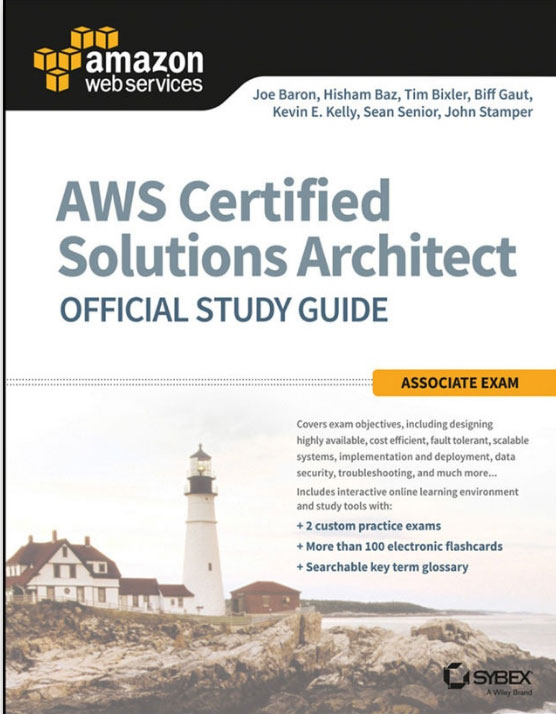
Although it’s a superb book, I had one minor problem: it was published in 2016, meaning that its contents are pretty much dated at that point. I then took a look at the sample questions, I for the life of me was not able to answer any of the questions. At this point, I thought that I was doomed to fail the exam.
It was quite disheartening really because after a month of non-stop studying (SoftCon, work, AWS) I felt like I was going nowhere. In retrospect, I probably shouldn’t have taken all of these responsibilities at once. I refused to give in and I persisted.
I took another swing at studying again. Upon scouring other people’s success stories, I came about Jon Bonso’s practice tests and found TutorialsDojo. TutorialsDojo is an awesome educational platform that provides practice tests, cheat sheets, and study guides.
Given that I had already lost a month of precious review time, I put the pedal to the metal and I meticulously studied the Solutions Architect Associate e-book. I would study around 2-3 hours a day, dividing my study time before and after work.
December came and with little time before SoftCon, I chose to prioritize our practice sessions over the AWS exam. Despite that, I still tried to get at least an hour of study time every day by reading the TD Solutions Architect Associate e-book or by taking a mock exam.
Although my schedule freed up after SoftCon, I had, but one week left to take the exam. Seeing that it was almost the “holiday season”, I was in a bind on whether to defer the exam to January. Since I was highly likely to forget what I’ve learned over Christmas break, I decided to schedule it on a whim and take it less than a week after SoftCon.
The Exam
I booked the exam using PearsonVue. I’m more accustomed to using this platform as I had used it for my previous Java certification exams. The exam took place at a testing center just because of personal preference. I find the environment at the testing center more conducive for taking the exam. Plus, there’s a nearby KFC where I’ve traditionally eaten my pre-exam meals.
The exam itself is vastly different from the previous exams I’ve taken. Java certifications are mostly fact-based exams whereas the AWS Solutions Architect Associate exam is more focused on scenario-based questions. Another thing to take note of is that the exam is more focused on breadth than depth. The exam asks questions about a wide array of AWS products and how to use them to solve different kinds of problems.
Challenging in its own right, I think it’s a great exam for people wanting to get their feet wet with AWS. The exam acts as a nice foundation that ties nicely to the other AWS associate-level exams. Do not expect to be an expert in AWS after taking this exam. Despite having passed this I do still find myself fumbling around the AWS console and still Googling stuff a lot. To further my knowledge, I recently took (and passed) the AWS Certified Developer exam, and I am now well on my way to taking the AWS SysOps exam.
See you soon! I’ll be posting more once I finish all the following exams:
- AWS Certified Solutions Architect Associate — PASSED
- Professional Scrum Master (PSM I) — PASSED
- AWS Certified Developer — PASSED
- AWS Certified SysOps Administrator
- AWS Certified Solutions Architect Professional
- TOGAF Certified
